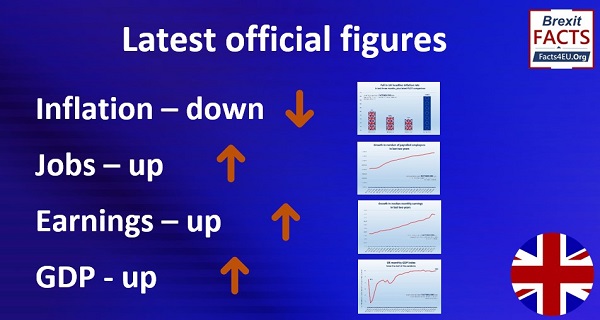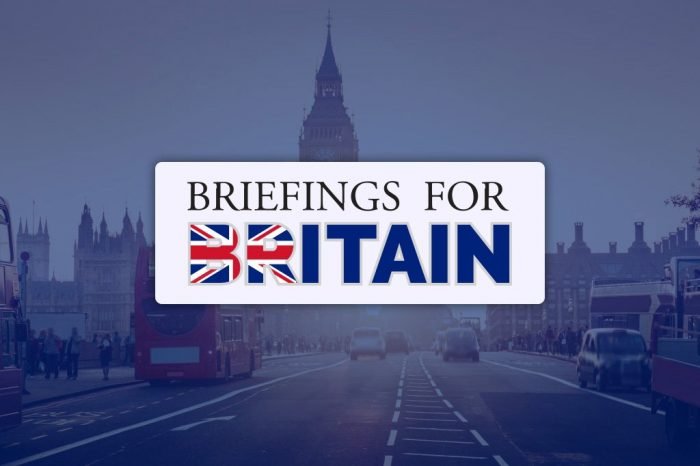Stuff and nonsense from the Treasury
One of the worst examples of government waste in recent times must surely be the 200-page document produced by the Treasury claiming the average British family would be £4,300 worse off if we left the EU. Maybe one of the larger “leave” organisations may consider hiring an economist to produce a lengthy counter-document to rip the Treasury document apart line by line, but it isn’t really ncessary. For all the bleatings of Stephen Crabb on Radio 4’s World at One urging our side to reply in like manner, the flaws of the Treasury report don’t require a 200-page rebuttal.
Firstly, the headline figure is based on a Canadian-style Free Trade agreement, which isn’t going to be our route out of the EU. However, the Treasury report reduced the figure to a £20 drop on tax receipts and a 3.8% fall in GDP if the EEA/EFTA option is chosen. Is it going to be a disaster even under the safest way out?
Not at all. The Treasury report says that under The EEA/EFTA model, “we gain partial access to the single market but we still face custom barriers and we still end up paying into the EU and accepting free movement”. Well, the mandarins at the Treasury haven’t done their homework. We even have more options to restrict “Free movement” under EEA/EFTA than as a member state and this is the least inaccurate part of the statement.
Perhaps they should read the most detailed analysis of how EEA/EFTA works – i.e., Flexcit, which makes it clear that countries like Norway do not face the problems with limited access to the Single Market or customs barriers implied by the report. If there is such a glaring mistake in the methodology, how can we trust their calculations?
Furthermore, the Treasury report looks at a scenario as far ahead as 2030. The Financial Times tries to defend this approach. It asks the question, “Isn’t a forecast for 2030 absurd, since economic forecasts for even two years ahead fail?” and replies, “This is to misunderstand the exercise the Treasury has carried out. As stated, the Treasury is estimating the difference between two possible futures on the basis of a decision regarding Britain’s trading relationship. That does not require accurate forecasts, just a good understanding of the effect of trade on prosperity. It is the same as saying, “We do not know how heavy you will be in 15 years, but if you drink a bottle of cola a day, we are pretty sure you will be fatter than if you keep off the sugar.”
However, this argument isn’t convincing. One authority who has studied the EEA/EFTA route in far more detail than the Treasury has reached the opposite conclusion:- “Brexit is cost-neutral in the short-term. As for the longer term, there are benefits, and these could be substantial – not only for the UK but the rest of the world.”
Let’s be honest, could you imagine a department commissioned by George Osborne to look at Brexit options coming up with a favourable economic forecast? Who pays the piper and all that…..
Likewise, Mr Osborne himself said that “the people want to know the facts” and followed it up by saying “Britain would be permanently poorer if we lef the EU”. This report is hardly a set of facts, just a very long-term estimate. However, the economic arguments are the only weapon available to the “remain” camp and they are being played for all they are worth as a desperate attempt to take the focus off what the EU actually is and the threadbare nature of Dave’s dodgy deal. If the debate can be shifted onto these issues, the “remain” camp is in big trouble.
Apologies for the lack of articles this week. We intend to produce a rebuttal of the Government leaflet in the next few days and thank you to all our contributors who have made some suggestions.
Photo by HowardLake 







